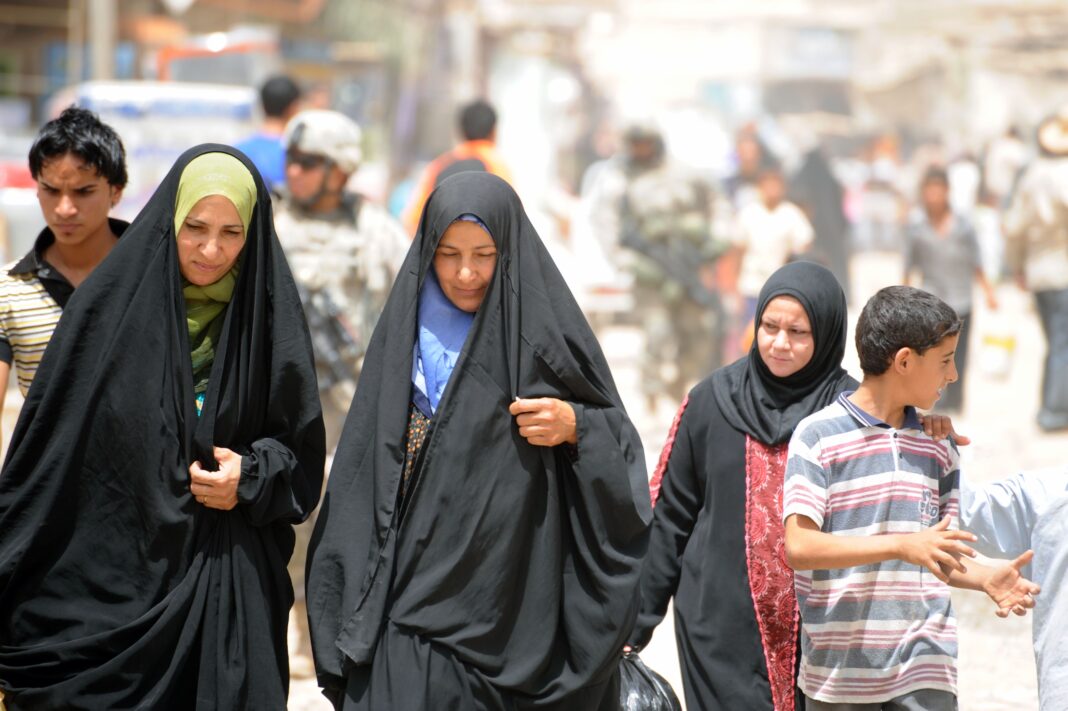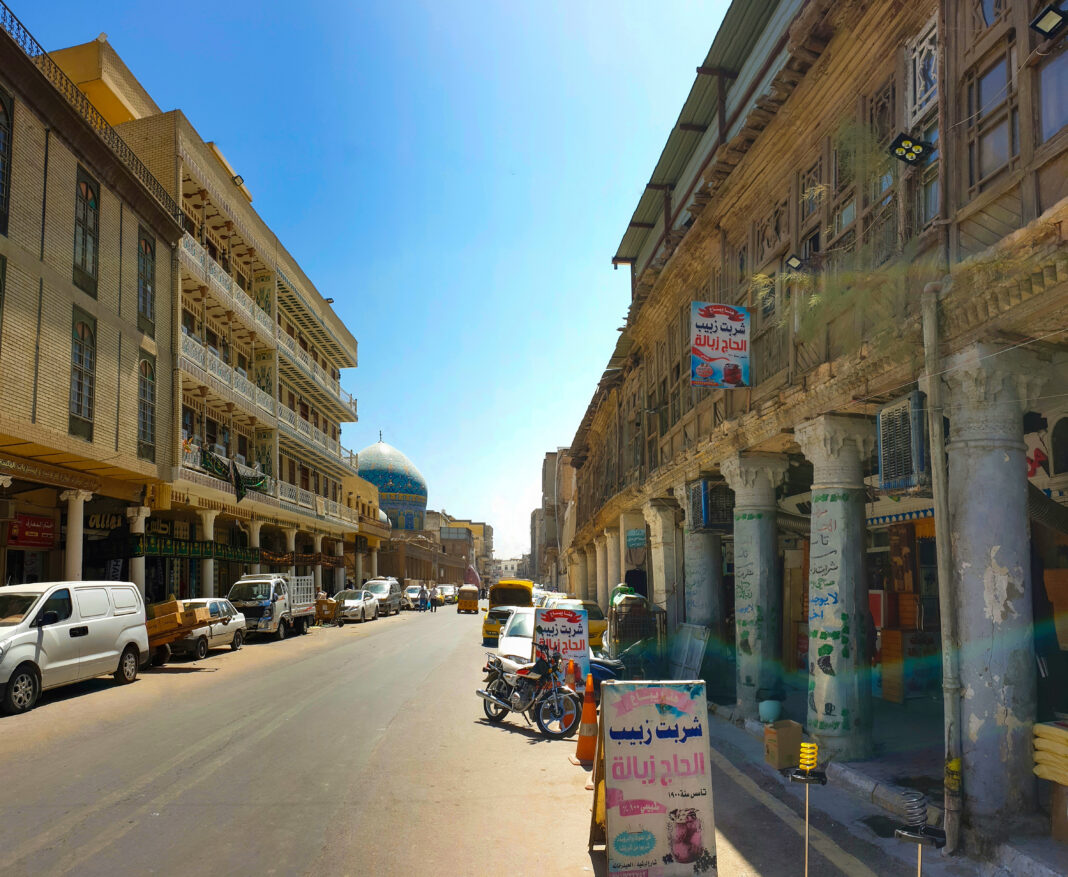Iraq to return women and children detained in its prisons has become a central government initiative. The plan covers hundreds of foreign detainees and their children currently held in overcrowded facilities. Authorities say the effort excludes women sentenced to death but includes those linked to the Islamic State and those convicted of common crimes.
Officials explained that Iraq to return women and children stems from pressure to ease prison overcrowding. According to the justice ministry, Iraqi prisons operate at 150 percent capacity. By repatriating detainees, officials hope to reduce strain on the system while also fulfilling international expectations.
Most of the detainees come from Turkey, Azerbaijan, and Russia. In addition, two French women remain in custody, including Djamila Boutoutaou, who received a 20-year sentence in 2018 for her association with IS. A committee led by the justice minister is now responsible for preparing detailed steps to move forward with the repatriation process.
The justice ministry spokesman, Ahmed Laibi, stated that Iraq to return women and children would only succeed through careful coordination with other countries. Therefore, Iraqi authorities have already engaged with several foreign diplomats to discuss procedures. Yet, both Arab and European diplomats emphasized that progress will not be immediate.
One European diplomat explained that repatriations can only occur through bilateral agreements. Without such agreements, the process becomes slow and complex. However, Iraq has suggested using memorandums of understanding to accelerate cooperation with states lacking formal treaties. According to officials, this approach allows action without waiting for lengthy parliamentary approval.
Currently, around 625 foreigners and 60 children remain behind bars in Iraq. Thousands of Iraqis also remain imprisoned due to alleged IS ties. Many of those convictions, however, followed rapid trials that NGOs often criticized.
The government hopes that repatriation will not only ease the burden on the prison system but also demonstrate Iraq’s commitment to international collaboration. Still, diplomats caution that the initiative will require patience, compromise, and multiple rounds of negotiation.



